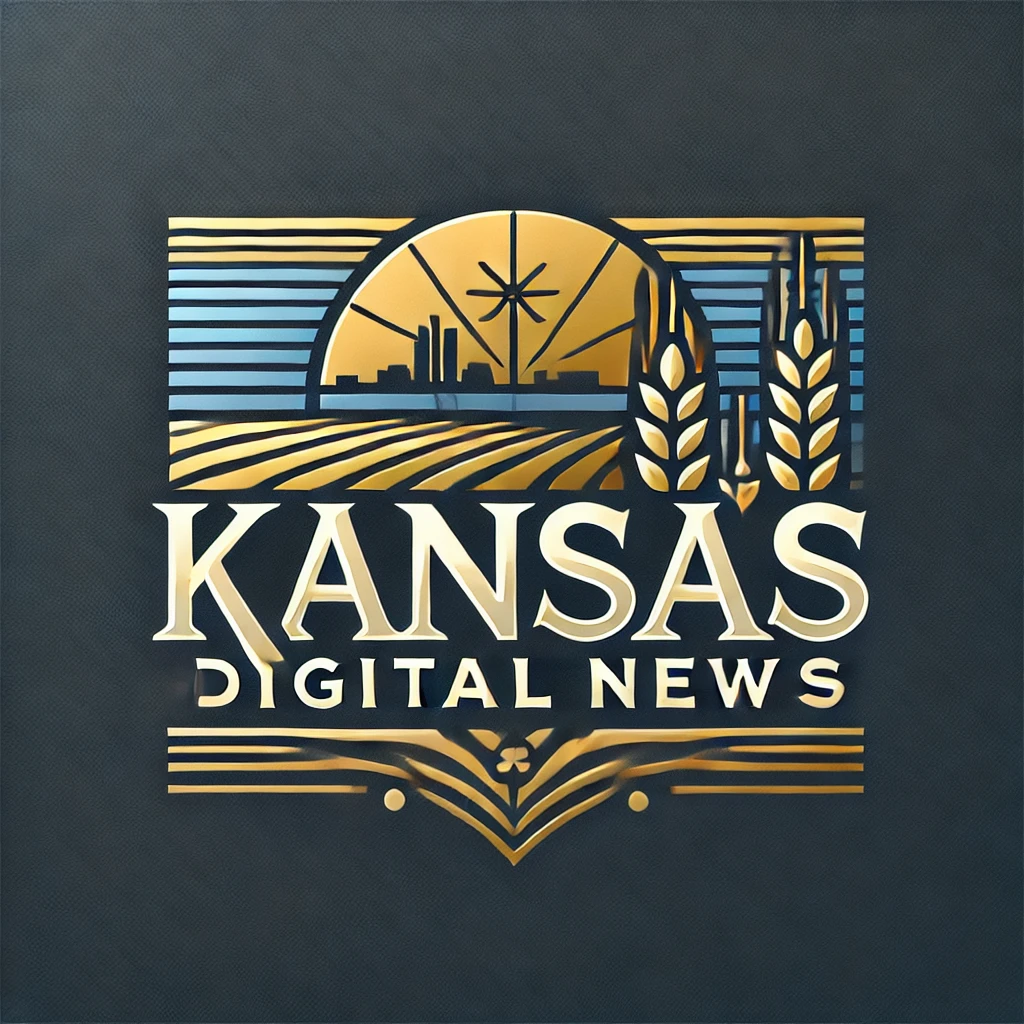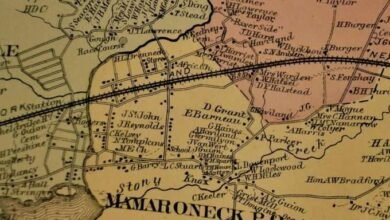The First State of the Union Address


 According to Article II, Sec. 3, of the United States Constitution, “The President shall from time to time give to Congress information of the State of the Union and recommend to their Consideration such measures as he shall judge necessary and expedient.”
According to Article II, Sec. 3, of the United States Constitution, “The President shall from time to time give to Congress information of the State of the Union and recommend to their Consideration such measures as he shall judge necessary and expedient.”
George Washington was inaugurated as the first President of the United Sta6es on April 30, 1789. He delivered the first State of the Union Address to Congress on January 8, 1790. At the time, the United States capital was in the city of New York.
Washington rode to Federal Hall at 26 Wall Street in a six-horse carriage from his residence at the home of Samuel Osgood at 3 Cherry Street and delivered the address in person in the second floor Senate Chamber.
With this State of the Union address, Washington established the principle that the President would issue an annual report to Congress.
Starting with Thomas Jefferson in 1801, the Presidential report was delivered in writing rather than in person until 1913 when Woodrow Wilson delivered the message to Congress in person, a practice that Presidents have continued to follow.
The December 5, 1923, State of the Union address by Calvin Coolidge was the first broadcast on the radio. In 1947, Harry Truman’s State of the Union address was the first broadcast on television.

 George Washington began his address to Congress by congratulating the House and Senate on the early progress of the new nation. He noted that North Carolina had just approved the Constitution and joined the union, leaving only Rhode Island, of the original thirteen colonies, unrepresented.
George Washington began his address to Congress by congratulating the House and Senate on the early progress of the new nation. He noted that North Carolina had just approved the Constitution and joined the union, leaving only Rhode Island, of the original thirteen colonies, unrepresented.
In the speech, Washington laid out priorities for Congress including the establishment of an effective defense force, promoting relationships with other countries, standardizing currency, weights, and measures, creating a procedure for nationalization of immigrants, advancing agriculture, commerce, and manufactures, and advancing science and literature.
Washington concluded that the security of a free constitution rested on the “enlightened confidence of the people” who “know” and “value their own rights.”
Text of the First State of the Union Address by George Washington
Fellow-Citizens of the Senate and House of Representatives:
I embrace with great satisfaction the opportunity which now presents itself of congratulating you on the present favorable prospects of our public affairs.
The recent accession of the important state of North Carolina to the Constitution of the United States (of which official information has been received), the rising credit and respectability of our country, the general and increasing good will toward the government of the Union, and the concord, peace, and plenty with which we are blessed are circumstances auspicious in an eminent degree to our national prosperity.
In resuming your consultations for the general good you can not but derive encouragement from the reflection that the measures of the last session have been as satisfactory to your constituents as the novelty and difficulty of the work allowed you to hope.
Still further to realize their expectations and to secure the blessings which a gracious Providence has placed within our reach will in the course of the present important session call for the cool and deliberate exertion of your patriotism, firmness, and wisdom.
Among the many interesting objects which will engage your attention that of providing for the common defense will merit particular regard. To be prepared for war is one of the most effectual means of preserving peace.
A free people ought not only to be armed, but disciplined; to which end a uniform and well-digested plan is requisite; and their safety and interest require that they should promote such manufactories as tend to render them independent of others for essential, particularly military,
supplies.
The proper establishment of the troops which may be deemed indispensable will be entitled to mature consideration. In the arrangements which may be made respecting it, it will be of importance to conciliate the comfortable support of the officers and soldiers with a due regard to economy.
There was reason to hope that the pacific measures adopted with regard to certain hostile tribes of Indians would have relieved the inhabitants of our southern and western frontiers from their depredations, but you will perceive from the information contained in the papers which I shall direct to be laid before you (comprehending a communication from the Commonwealth of Virginia) that we ought to be prepared to afford protection to those parts of the Union, and, if necessary, to punish aggressors.
The interests of the United States require that our intercourse with other nations should be facilitated by such provisions as will enable me to fulfill my duty in that respect in the manner which circumstances may render most conducive to the public good, and to this end that the compensation to be made to the persons who may be employed should, according to the nature of their appointments, be defined by law, and a competent fund designated for defraying the expenses incident to the conduct of foreign affairs.
Various considerations also render it expedient that the terms on which foreigners may be admitted to the rights of citizens should be speedily ascertained by a uniform rule of naturalization.
Uniformity in the currency, weights, and measures of the United States is an object of great importance, and will, I am persuaded, be duly attended to.

 The advancement of agriculture, commerce, and manufactures by all proper means will not, I trust, need recommendation; but I can not forbear intimating to you the expediency of giving effectual encouragement as well to the introduction of new and useful inventions from abroad as to the exertions of skill and genius in producing them at home, and of facilitating the intercourse between the distant parts of our country by a due attention to the post-office and post-roads.
The advancement of agriculture, commerce, and manufactures by all proper means will not, I trust, need recommendation; but I can not forbear intimating to you the expediency of giving effectual encouragement as well to the introduction of new and useful inventions from abroad as to the exertions of skill and genius in producing them at home, and of facilitating the intercourse between the distant parts of our country by a due attention to the post-office and post-roads.
Nor am I less persuaded that you will agree with me in opinion that there is nothing which can better deserve your patronage than the promotion of science and literature. Knowledge is in every country the surest basis of public happiness. In one in which the measures of government receive their impressions so immediately from the sense of the community as in ours it is proportionably essential.
To the security of a free constitution it contributes in various ways – by convincing those who are entrusted with the public administration that every valuable end of government is best answered by the enlightened confidence of the people, and by teaching the people themselves to know and to value their own rights; to discern and provide against invasions of them; to distinguish between oppression and the necessary exercise of lawful authority; between burthens proceeding from a disregard to their convenience and those resulting from the inevitable exigencies of society; to discriminate the spirit of liberty from that of licentiousness – cherishing the first, avoiding the last – and uniting a speedy but temperate vigilance against encroachments, with an inviolable respect to the laws.
Whether this desirable object will be best promoted by affording aids to seminaries of learning already established, by the institution of a national university, or by any other expedients will be well worthy of a place in the deliberations of the legislature.
Illustrations, from above: Detail from an engraved scene depicting the inauguration of George Washington at Federal Hall, New York City on April 30, 1789; the view up Wall Street by Archibald Robertson, ca. 1798; and Federal Hall today with an 1882 statue of George Washington by John Quincy Adams Ward.
Source link





